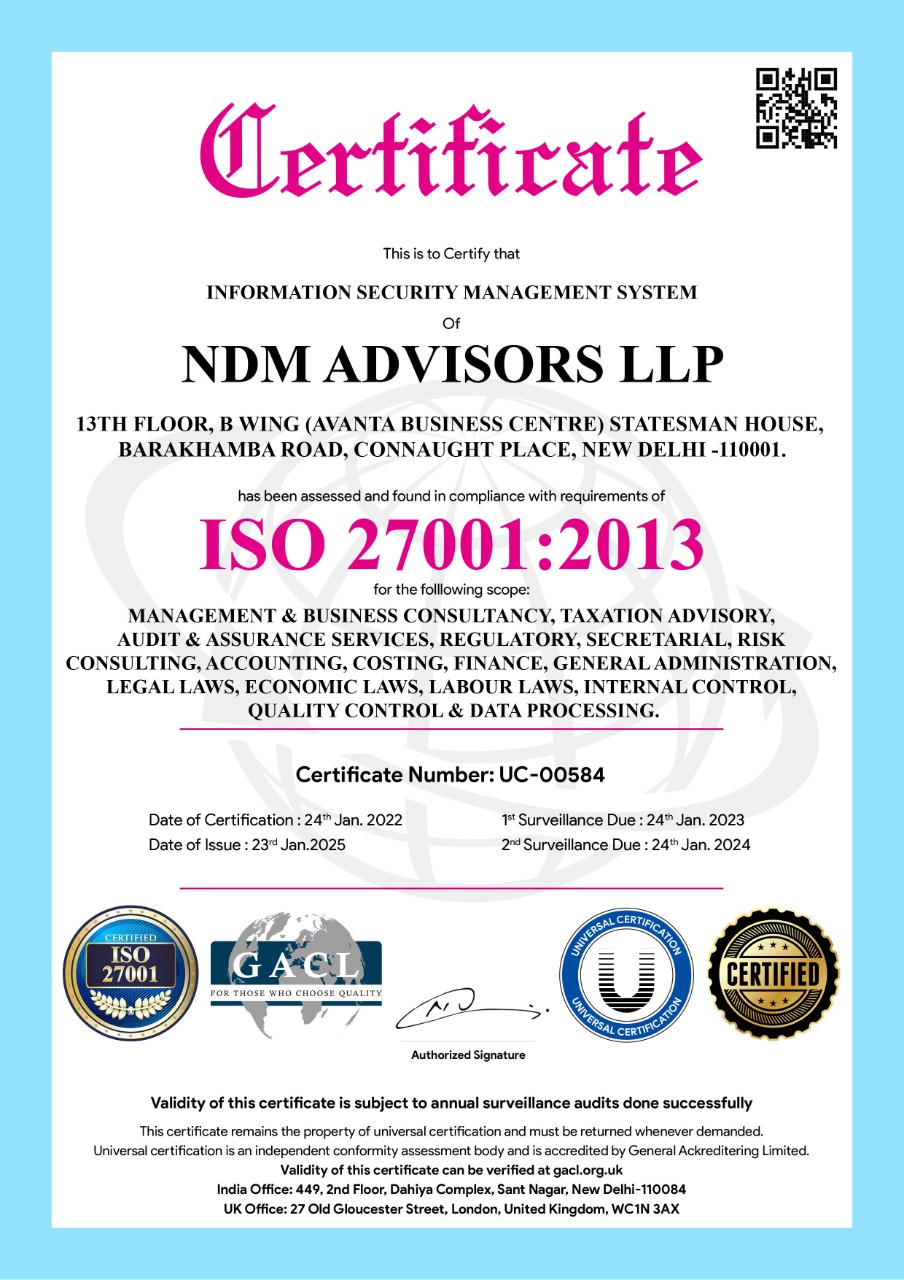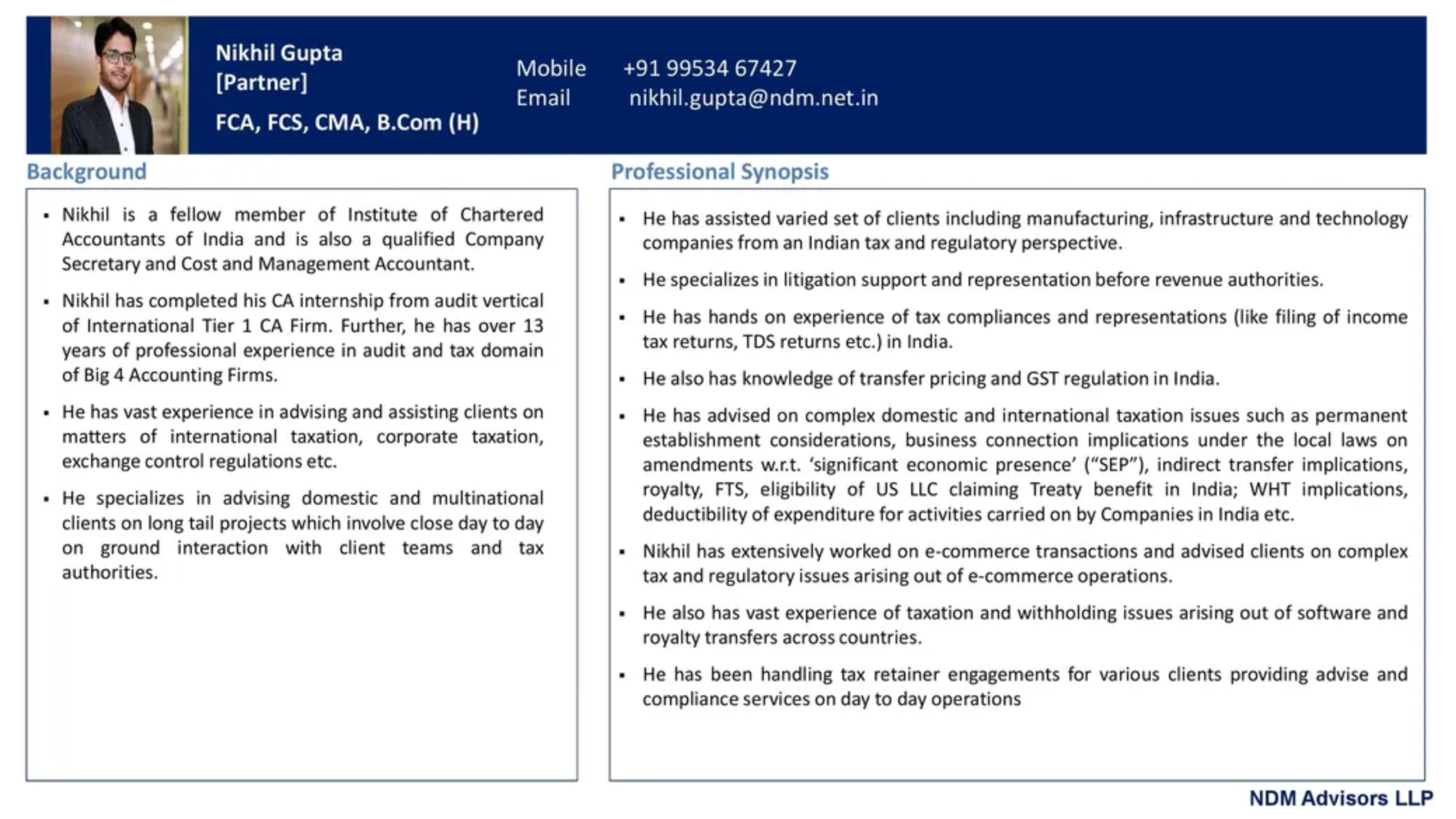Incorporation of a Company

What Is The Procedure For Incorporation Of Company In India? Know The Step-By-Step Process
A corporation is a legal entity created by individuals, stockholders, or shareholders, with the purpose of operating for profit. Corporations are allowed to enter into contracts, sue and be sued, own assets, remit federal and state taxes, and borrow money from financial institutions. The creation of a corporation involves a legal process called incorporation where legal documents containing the primary purpose of the business, name and location, and the number of shares and types of stock issued are drafted. The process of incorporation gives the business entity a distinct feature that protects its owners from being personally liable in the event of a lawsuit or legal claim.

What are the Advantages and Disadvantages of Incorporation?
Advantages
- Separate legal entity – Independent from its owners and considered a legal entity that may conduct business, own properties, enter into binding contracts, borrow money, sue and be sued, and pay taxes.
- Unlimited life – Stockholders, shareholders, or members are the owners of a corporation, and it is managed by a board of directors. Their death or inability to perform their duties does not affect the continuity of this legal entity; only changes in the company’s charter will enable it to either be extended or liquidated.
- Limited liability – Company owners are only liable for the amount they invested. Creditors and lenders have no claim to the owners’ personal assets for payments owed by the shareholders.
- Easy transfer of ownership shares – Publicly held corporations do not require approval from other stockholders to sell the stocks or shares of individual owners. Stocks or shares can be easily traded in the market, regardless of their volume.
- Competent management – Investors or owners may not directly handle day-to-day business operations. They vote for the board of directors who eventually hire a professional management team.
- Source of capital– Corporations can source funds from selling stocks and issuing bonds.
Disadvantages
- Incorporation costs – It is costlier to go through the process of incorporation than to form a sole proprietorship or partnership.
- Double taxation – Two taxes are remitted, from the corporate earnings and from payments of dividends to shareholders.
- Documentation – Aside from incorporation documents, companies must file annual reports and tax returns, as well as maintain accounting records, licenses, and other important documents

Procedure for Incorporation of a Company in India is briefly mentioned bellowed
Sequence | Steps Should be Followed for Incorporation |
Step -1 | Selection Type of a Company |
Step -2 | Preliminary Requirements |
Step -3 | Reservation of name |
Step -4 | Preparation of the Memorandum of Association and Article of Association |
Step -5 | Filling the Documents with Roc (Registrar of Companies) |
Step -6 | Certificate of Incorporation and Allotment of Corporate Identity Number |
Step -7 | Effect of Registration |
Step -8 | Commencement of Business |
Selection Type of a Company: First step for incorporation Promoters have to decide type of Co. i.e. Private Co., Listed Co., Public Co. etc.
Preliminary Requirements: All the directors should have DIN (Director Identification Number). One Director should be act as authorized signatory.
Reservation of name: Promoters apply to registrar and reserved the proposed name but Name should be Unique.
Preparation of the MOA & AOA: MOA and AOA documents that contains internal rules and regulation of company. It should be noted that Objects of MOA and AOA match must be match with e-form INC.1
Filling Documents with ROC: All documents related to company submit to ROC along with fees with within 60 days after reservation of name.
COI and CIN: Registrar issue COI within 7 days of receipt of documents, if he satisfies that everything is according to the Company Act.
Effect of Registration: After receiving the COI company becomes an Artificial Person with can sue or Can be Sued.
Commencement of Business: A statutory declaration must be signed by Director or Company Secretary. If registrar satisfies, he provides authority to begin its business operations.
In case of queries, drop us a line on communications@ndm.net.in
Have Any Question?
Send us a message and tell us more about your business and financial goals. We will get back to you soon to schedule a consultation.
- +91 9873210394
- Communications@ndm.net.in


















